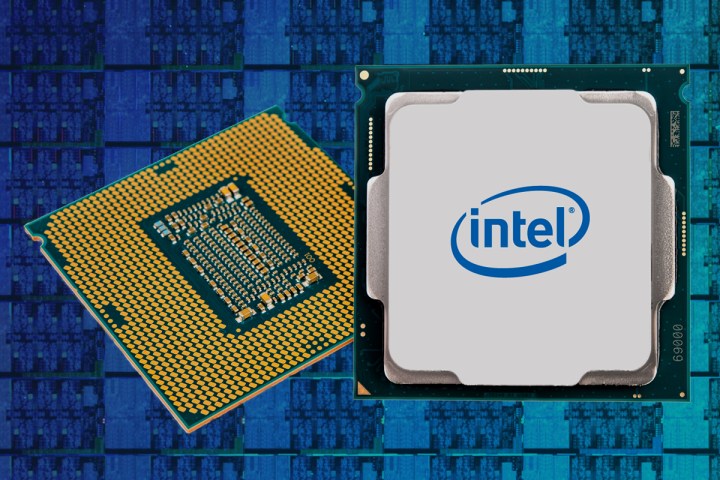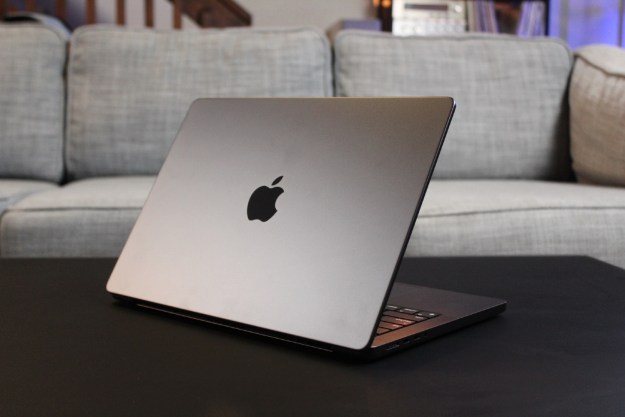
Intel’s eighth-generation rollout began in the late summer with “U” processors for laptops. These chips are based on a refreshed seventh-generation “Kaby Lake” architecture, and were followed by Intel’s first desktop processors in late September based on its eighth-generation “Coffee Lake” design. The batch slated to arrive early next year appear to be a mixture of desktop and laptop processors using the Coffee Lake design.
First up to bat are mobile chips shoved under the Coffee Lake-H banner. The “H” designation used in Intel’s code name typically signifies high performance, thus you’ll see these processors in mobile workstations and high-dollar
- Core i9-8950HK
- Core i7-8850H
- Core i7-8750H
- Core i5-8400H
- Core i5-8300H
But the list doesn’t stop there. Here are all the other unreleased eighth-generation “Coffee Lake” Intel processors revealed in the benchmark’s release notes:
| Celeron | Pentium Gold |
Core i3 | Core i5 | Core i7 |
| G4900 G4900T G4920 G4930 G4930T G4950 |
G5400 G5400T G5420 G5420T G5500 G5500T G5600 G5600T G5620 |
8000 8000T 8020 8020T 8100T 8120 8120T 8300T 8320 8320T |
8400B 8400T 8420 8420T 8500 8500B 8500T 8550 8650 8650K |
8670 8670T 8700B 8700T |
The release notes also reveal processors that fall under Intel’s ninth-generation rollout slated for the back half of 2018. These could be based on a refresh of the current Coffee Lake design using 10nm+ process technology, or Intel’s true ninth-generation design dubbed as “Ice Lake.” They will likely not be a part of Intel’s “Cannon Lake” eighth-generation rollout slated for the end of 2017 that’s based on Intel’s first use of 10nm process technology.
| Core i3 | Core i5 |
| 9000 9000T 9100 9100T 9300 9300T |
9400 9400T 9500 9600 9600K |
To this date, Intel officially sells 10 eighth-generation processors spanning Core i7, Core i5, and Core i3 parts for desktop and mobile. To better understand all the suffixes in Intel’s processor naming, here’s a brief explanation for each:
B = ?
H = High performance
K = Unlocked
M = Mobile
Q = Quad-core
S = Mainstream performance
T = Lower speed, lower power requirement
U = Ultra-low power
X = Extreme performance
Y = Extreme low power
We won’t officially know Intel’s remaining Coffee Lake processor rollout until sometime after January, so everything listed above must be filed under rumor. Right now, the company is currently locked and loaded to deliver CPUs based on its 10nm Cannonlake architecture before the end of 2017, but we don’t expect to see the resulting products until just before the CES 2018 technology show at the beginning of January.
Editors' Recommendations
- Intel Core i9 CPUs are about to get hit with a downgrade, report says
- Gamers are reportedly returning Intel Core i9 CPUs in droves
- Nice try, Intel, but AMD 3D V-Cache chips still win
- Intel CPU gaming crashes are causing an uproar
- Intel may have a monster new CPU coming soon


